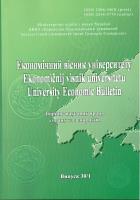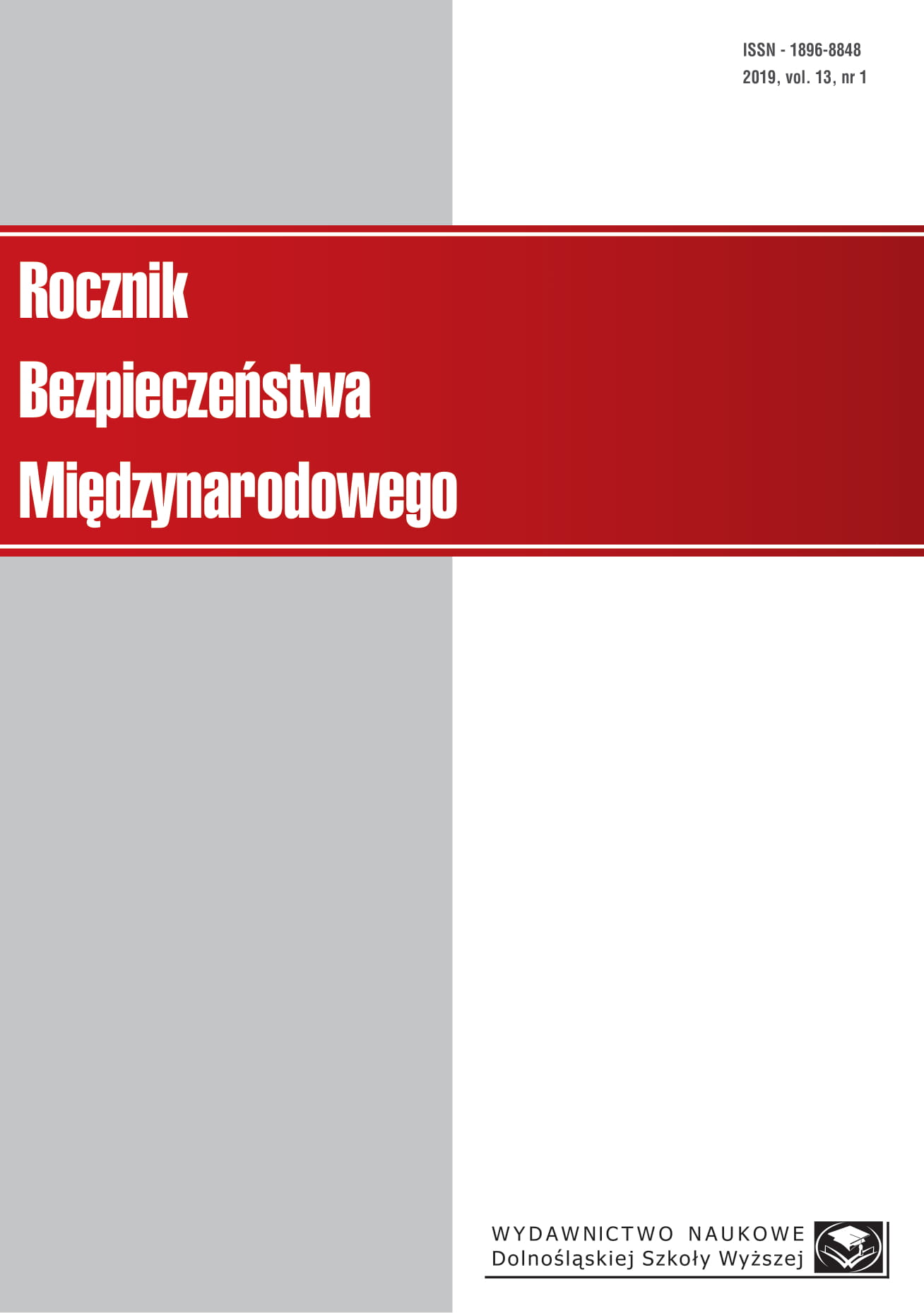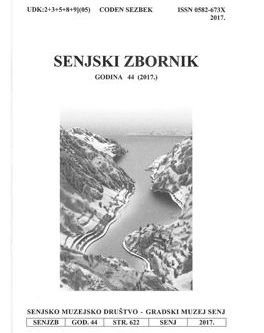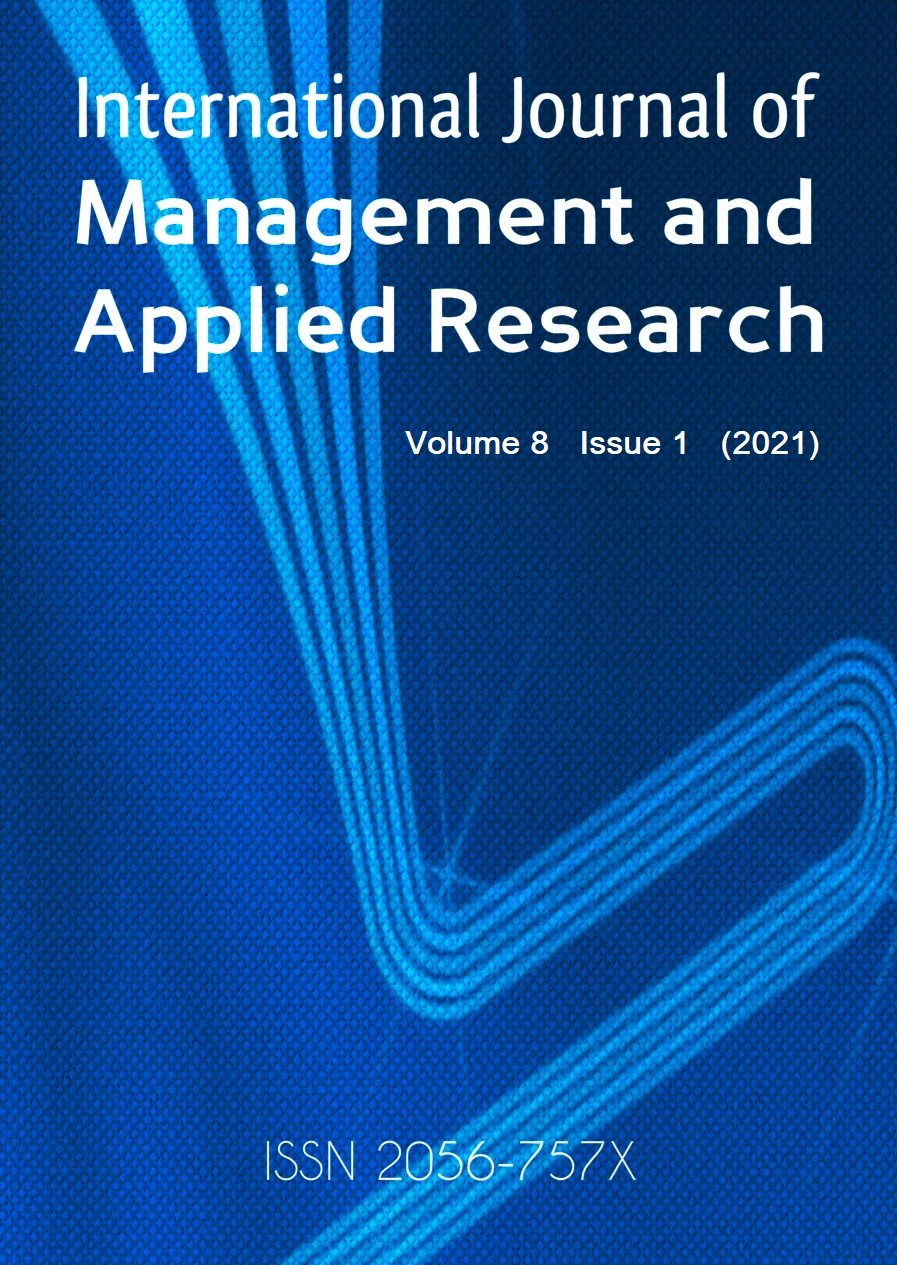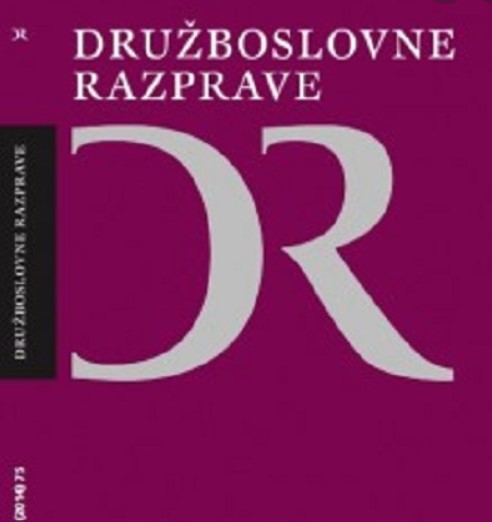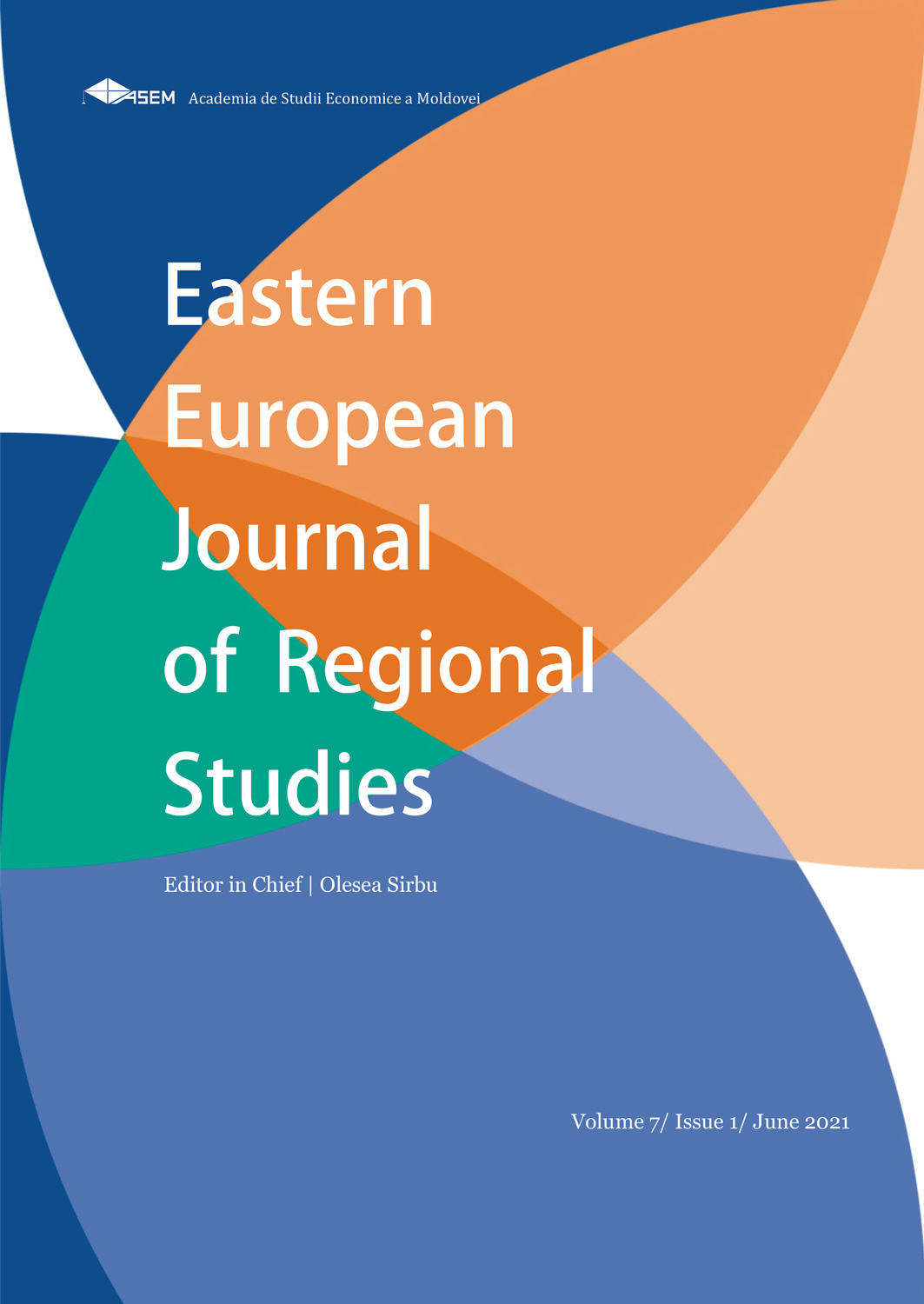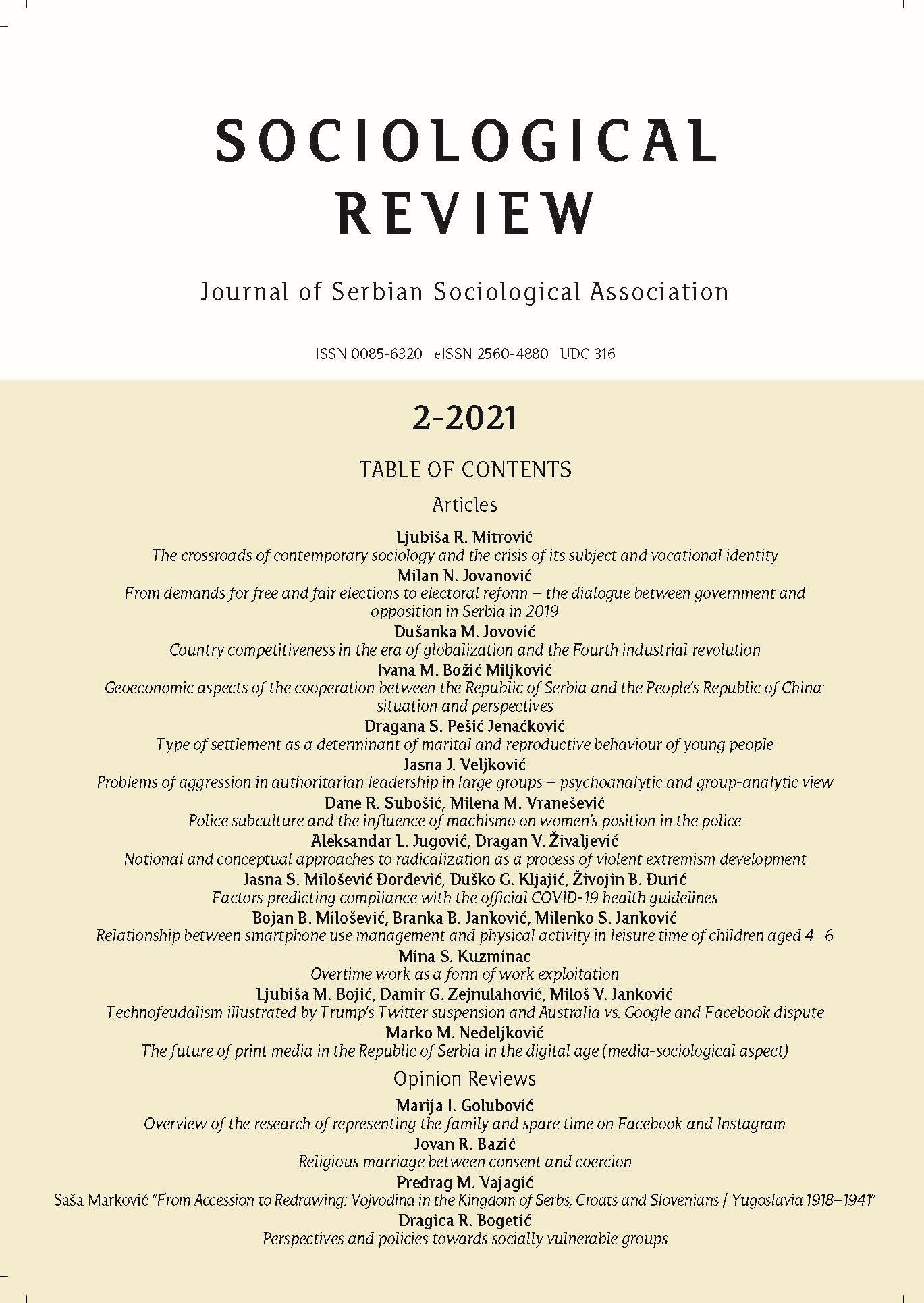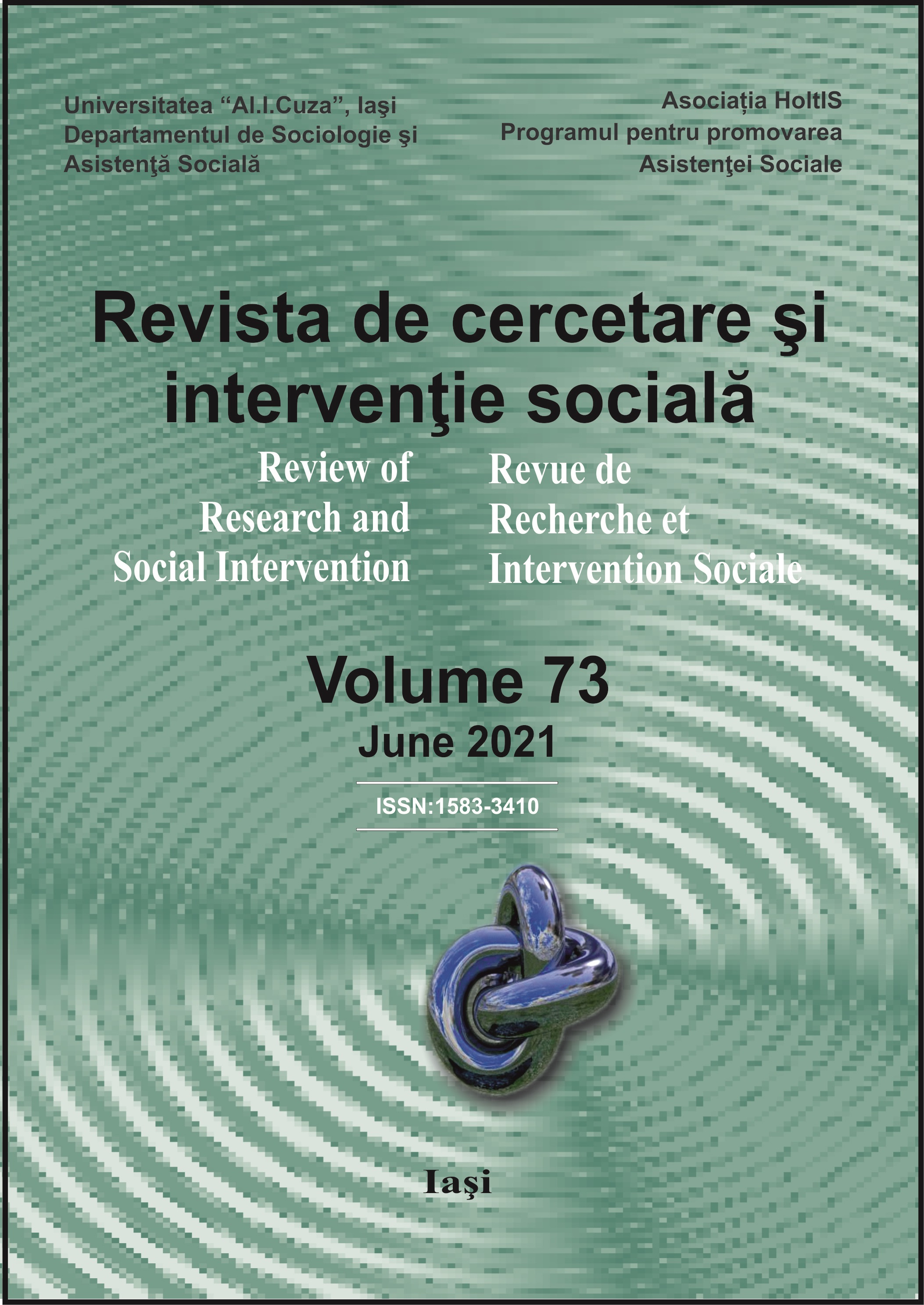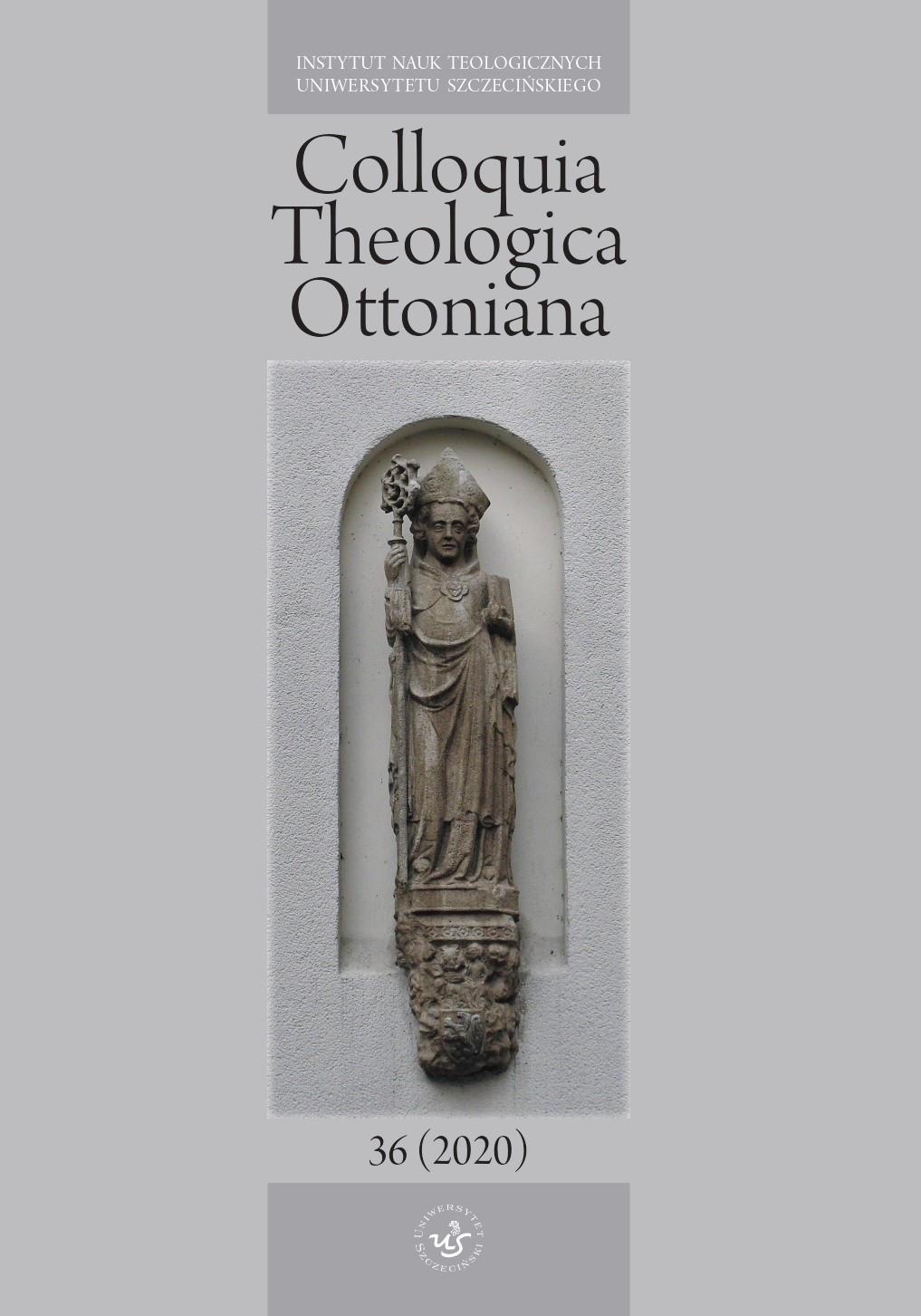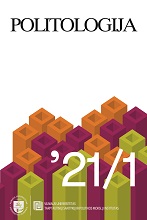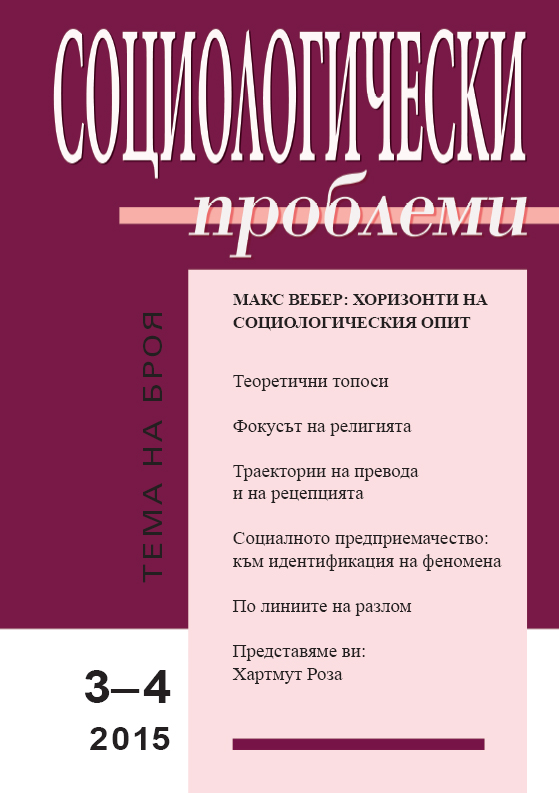
Дуализмът между структура и действие. Скица на една веберианска изследователска програма
In my book Foundations in Sociology, I depicted Max Weber’s approach as an alternative to Marx and Durkheim on the one hand, Parsons, Mead, Habermas and Luhmann on the other. I tried to demonstrate that Weber has provided us with a viable research program which merits further elaboration. In this essay, I want to spell out the outline of such a Weberian research program. It can be regarded as a third sociology, overcoming the opposition between methodological individualism and holism. It is based on methodological relationism and on a two-sided and multi-level explanatory model, employing the notion of the duality of structure and action. Its analytical power is illustrated with reference to Weber’s study on ascetic Protestantism and on the economic ethic of the world religions.
More...
